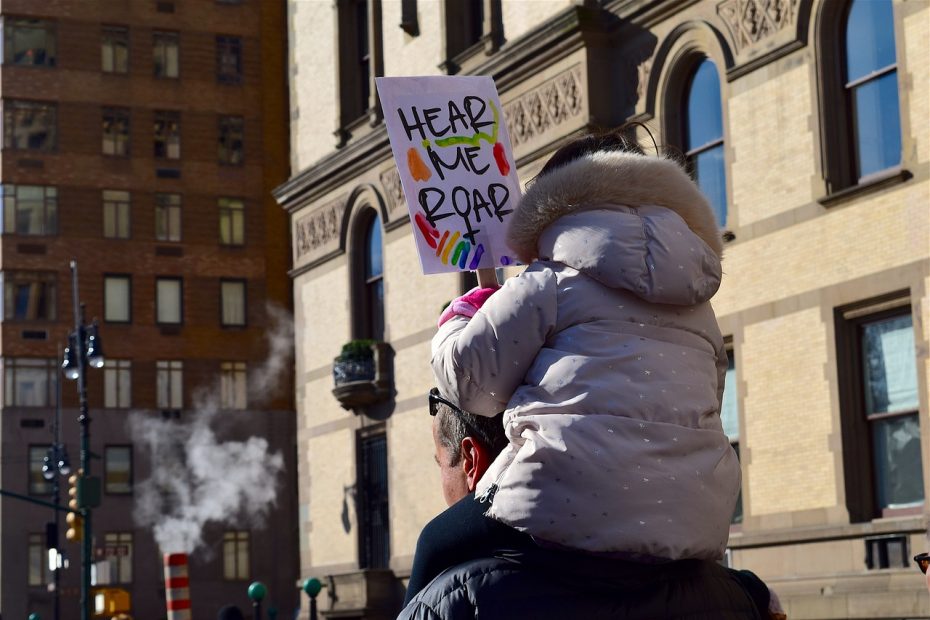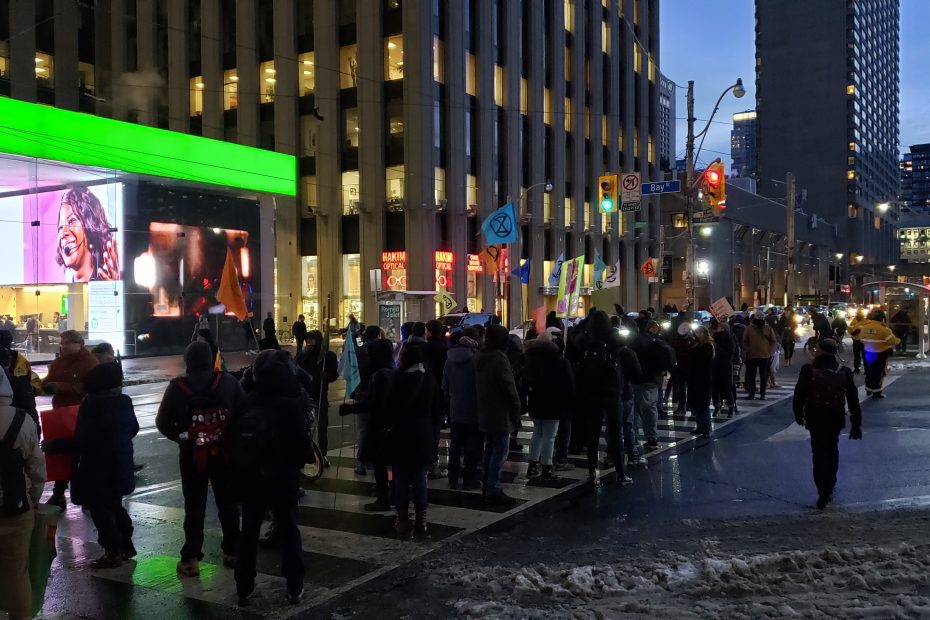Information for Parents at Protests
Bringing your child to an event/action can be a positive experience for both you and your child, as a first example (or a reminder) of the value of and possibilities for collective action. There are, however, particular concerns about bringing your child to an event/action. It may be that police will target parents with children, especially at high-risk actions. Although this is VERY UNLIKELY, you might want to be prepared. RESEARCH THE EVENT/ ACTION AHEAD OF TIME The decision to bring your child may depend on the nature of the event. Ask organizers for a… Read More »Information for Parents at Protests












